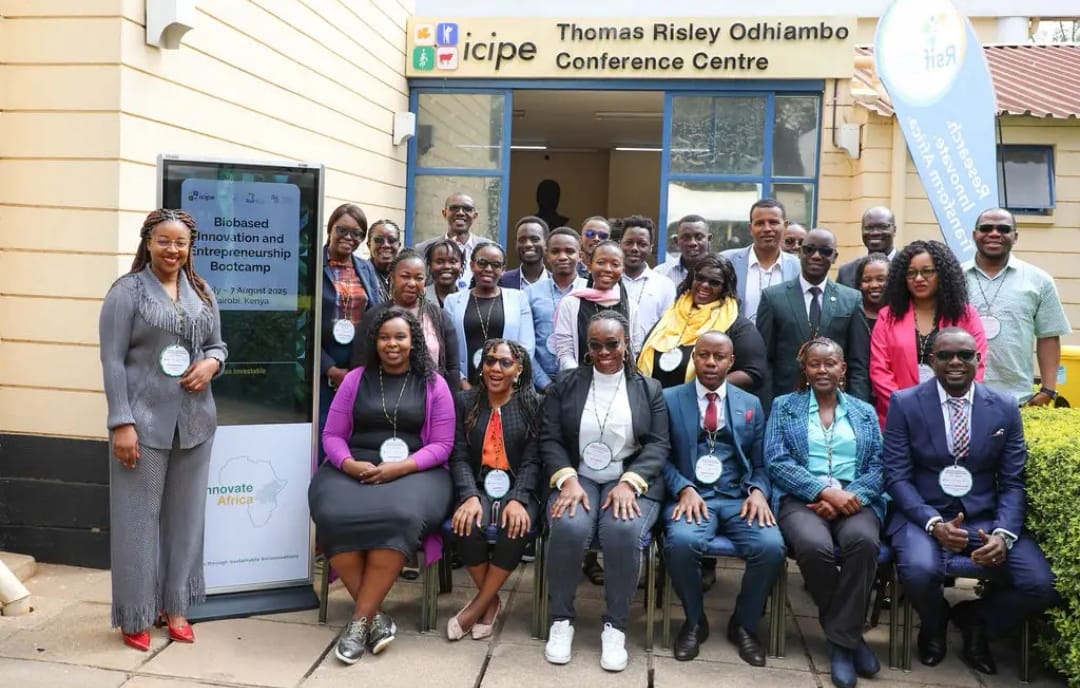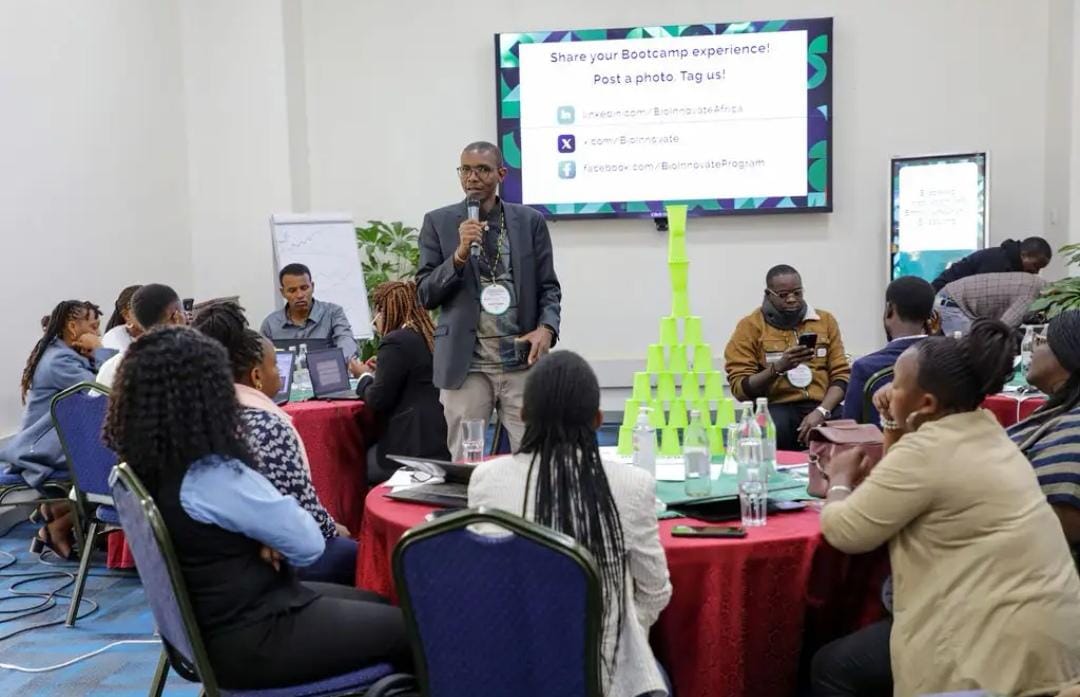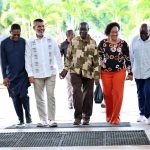Twenty scientists from across Africa have completed a high-energy, 10-day Biobased Innovation and Entrepreneurship Bootcamp (BIEB) at the International Centre of Insect Physiology and Ecology (icipe) in Nairobi, culminating on Thursday, August 8, in a pitch event that showcased bold, market-ready bioeconomy innovations for Africa.

Organised by BioInnovate Africa in partnership with the Regional Scholarship and Innovation Fund (RSIF), the bootcamp equips scientists to transform cutting-edge research into investable businesses. Over 10 days, participants refined products ranging from biopesticides and biomaterials to wastewater treatment solutions, nutrition breakthroughs, and biopharmaceuticals—through hands-on workshops, co-creation sessions, and direct exposure to industry.
“This is where science meets enterprise,” said Dr. Julius Ecuru, Head of BioInnovate Africa and Principal Scientist at icipe. “We’re challenging scientists to move beyond public sector careers and seize private sector opportunities—becoming job creators and transformative industry players.”
Drawn from the BioInnovate Africa network, the 20 scientists hailed from Burundi, Chad, the Democratic Republic of Congo, Ethiopia, Ghana, Kenya, Malawi, Rwanda, Tanzania, and Uganda—with every East African nation represented. Five of the participants were RSIF scholars.

The programme also immersed participants in the ‘triple helix’ model—linking academia, industry, and policy—through field visits and strategic networking. Partnerships with the East African Community Secretariat, the Nelson Mandela African Institution of Science and Technology, A-to-Z Group, and Envsol Technology Limited offered first-hand insight into scaling innovations across borders.
For Tanzanian food and nutrition scientist Mercy Mmarri, the shift was eye-opening.
“As scientists, we’re used to the lab. This bootcamp forced us to speak the language of customers and investors,” she said. “We tested products in the field, got real feedback, and refined our ideas. The industry and policy exposure was invaluable.”
Mmarri, who pitched a plant-based burger rooted in indigenous knowledge, said the experience has primed her to seek funding. “The skills and networks I’ve built here will help me attract investors—whether or not I’m among the final five selected.”
The winning projects will be announced later this year after further proposal reviews. But Dr. Ecuru says the real success lies in building a generation of scientist-entrepreneurs capable of driving Africa’s bioeconomy.
“They can tackle regional and global challenges while creating the industries of tomorrow,” he said.






